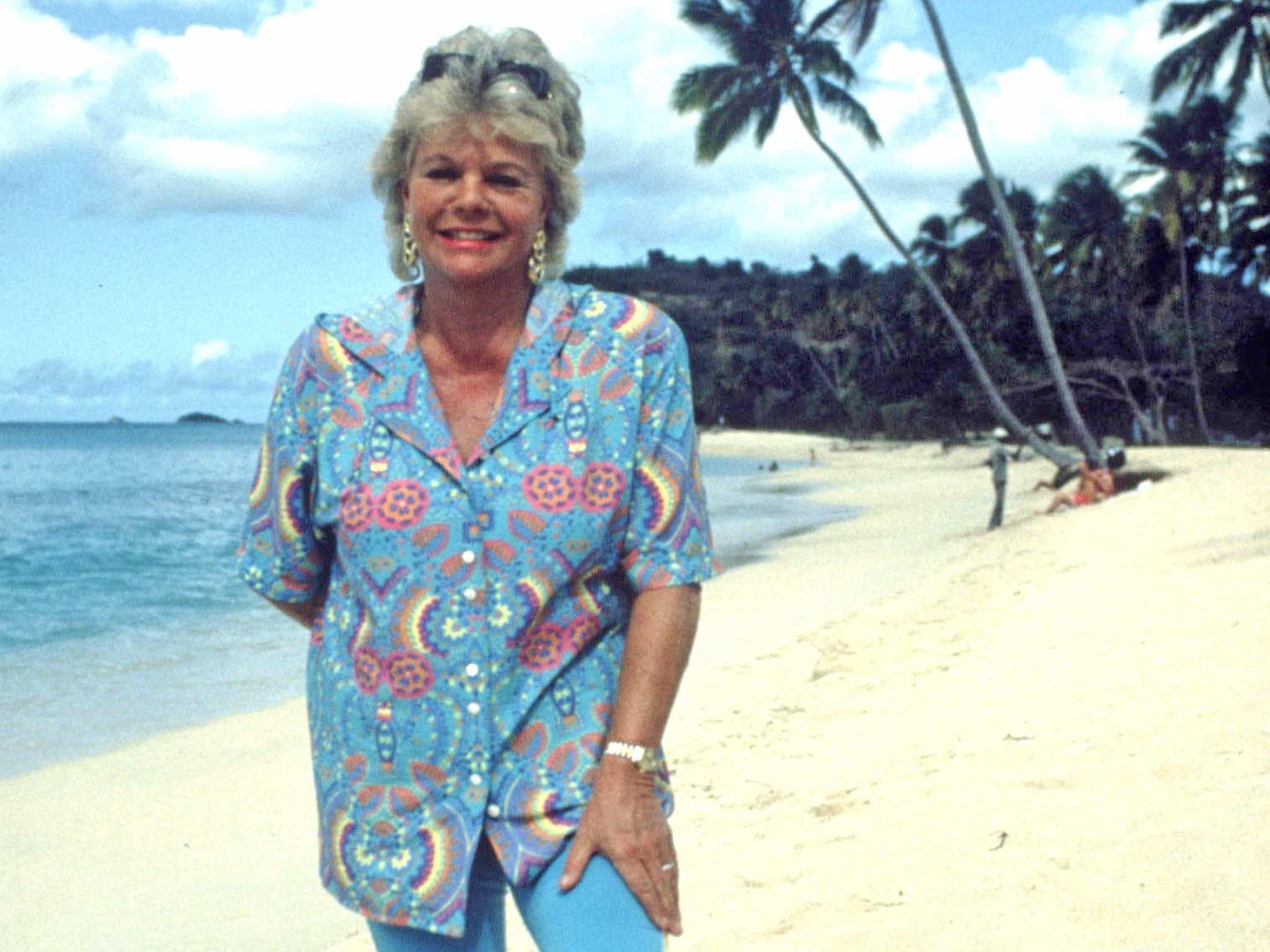The BBC is planning a revival of mainstream travel TV - but will anyone be watching?
The Travel Show makes its mainstream debut on BBC2 on Friday with reports on "Are the French really rude to tourists?", "Brazil's abseiling rubbish collectors", or the art boom in South Africa

Your support helps us to tell the story
From reproductive rights to climate change to Big Tech, The Independent is on the ground when the story is developing. Whether it's investigating the financials of Elon Musk's pro-Trump PAC or producing our latest documentary, 'The A Word', which shines a light on the American women fighting for reproductive rights, we know how important it is to parse out the facts from the messaging.
At such a critical moment in US history, we need reporters on the ground. Your donation allows us to keep sending journalists to speak to both sides of the story.
The Independent is trusted by Americans across the entire political spectrum. And unlike many other quality news outlets, we choose not to lock Americans out of our reporting and analysis with paywalls. We believe quality journalism should be available to everyone, paid for by those who can afford it.
Your support makes all the difference.Once upon a time, life was simple for the armchair traveller – it came down to a choice between Cliff Michelmore and Judith Chalmers.
From 1969 onwards, a deskbound Michelmore – the David Dimbleby of his day – fronted BBC1's Holiday programme, a natural career move for the man who presented the BBC coverage of that ultimate Sixties vacation, the Apollo moon landings. And, for 30 years, Chalmers hit the world's sunspots for ITV's Wish You Were Here? – all that time, she revealed later, without wearing any knickers; it was a visible panty-line issue apparently.
In 1986, Michelmore gave way to Frank Bough, who had his television passport revoked when it was exposed that he had been taking cocaine in a Mayfair brothel. Jill Dando took over in 1993, until her terrible, and still unsolved, murder in 1999, while Laurence Llewelyn Bowen was at the helm when the show reached its final baggage carousel in 2007 – to be replaced by The One Show. Holiday was still quite popular to the end, but unsentimental old Auntie recognised that, as a spokesperson put it, "the way people organise their holidays is changing." Wish You Were Here? taxied down its final runway in 2003, which was probably for the best for the health of Chalmers' skin.
The rise and fall of these great rival TV shows mirrors almost exactly that of the package holiday – the two weeks on the Costa provided by enterprises such as Intasun and Horizon. Not that millions did not still migrate to the fringes of Spain and Greece each August, but, as travel writer Kate Simon wrote in this newspaper in 2011, "within just 40 years, the British public has progressed in its travel ambitions from considering the price of a full English in Benidorm to white-water rafting on the Zambezi river."
An attempt was made by BBC2 in the 1980s and 1990s to make the television travel show more relevant to the freestyle traveller, with Rough Guides, produced by the "yoof TV" supremo Janet Street Porter and fronted by posh-punk-in-shades, Magenta Devine. The main channels, however, leant more and more heavily on celebrities to do our travelling for us. Michael Palin's Around the World in 80 Days was the trailblazer here, and since then the floodgates have opened. There's no better way for a channel to schmooze its most important talent.
There is, of course, a dedicated Travel Channel deep in the digital universe, with predominantly American programming and wall-to-wall episodes of Airport 24/7: Miami. And out there on BBC World News, a show called Fast Track has quietly been thriving for years.
And now, starting on Friday morning on BBC2 at 10.30am, FastTrack makes its mainstream debut – having first been re-named The Travel Show, with reports on "Are the French really rude to tourists?", "Brazil's abseiling rubbish collectors", or the art boom in South Africa. "The Travel Show isn't your typical TV travel programme," says Emma De'Ath, of BBC Global News. "It will engage the curious and intelligent traveller… and reveal just how different connected modern travel is from tourism of the past."
Carey Clark, the show's executive producer, is well aware of where the competition lies. "The internet is fine for finding good deals and comparing prices, but it is often hard to find impartial insight, advice or information," she says.
But is it really? Only last June, for example, The Independent published a 50 Best Travel Websites, which seemed to cover all the bases, from In Your Pocket ("devastatingly honest city guides") and Gadling ("the travel equivalent of an iPod shuffle button") and such trusty old favourites as lastminute.com and TripAdvisor.
Online requires you to be proactive, though, and sometimes it's nice to just have the world brought to your armchair, like in the good old days of Michelmore and Chalmers. Especially as many of us can't actually afford to go anywhere any more.
Join our commenting forum
Join thought-provoking conversations, follow other Independent readers and see their replies
Comments